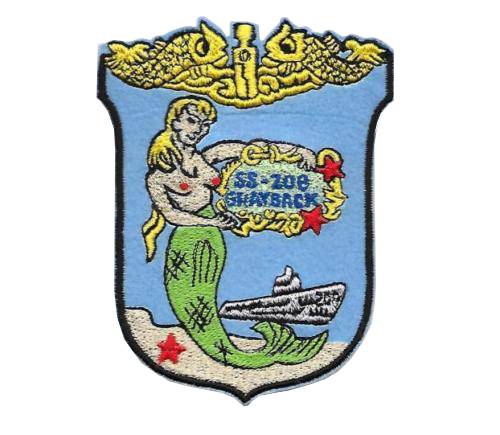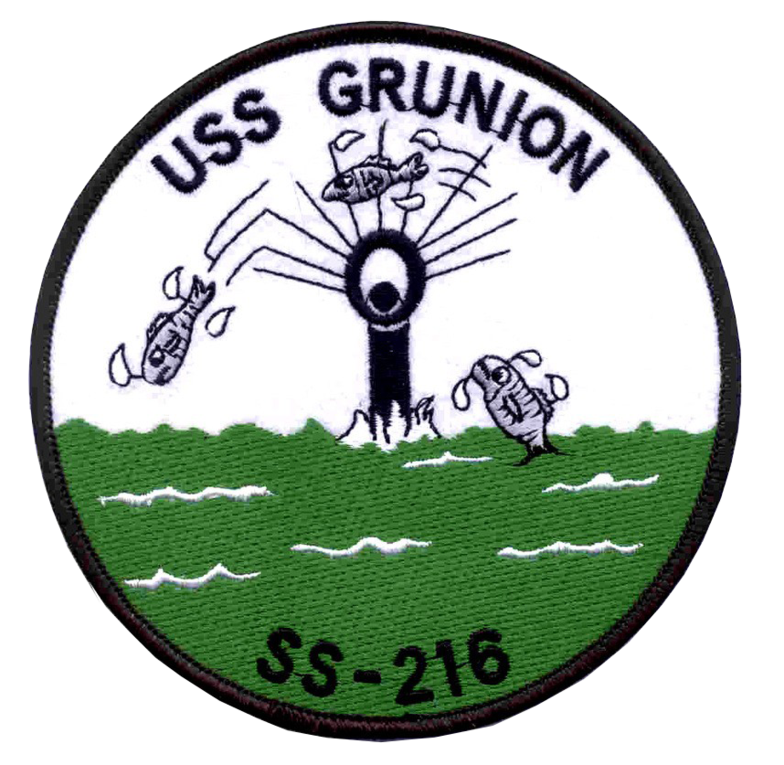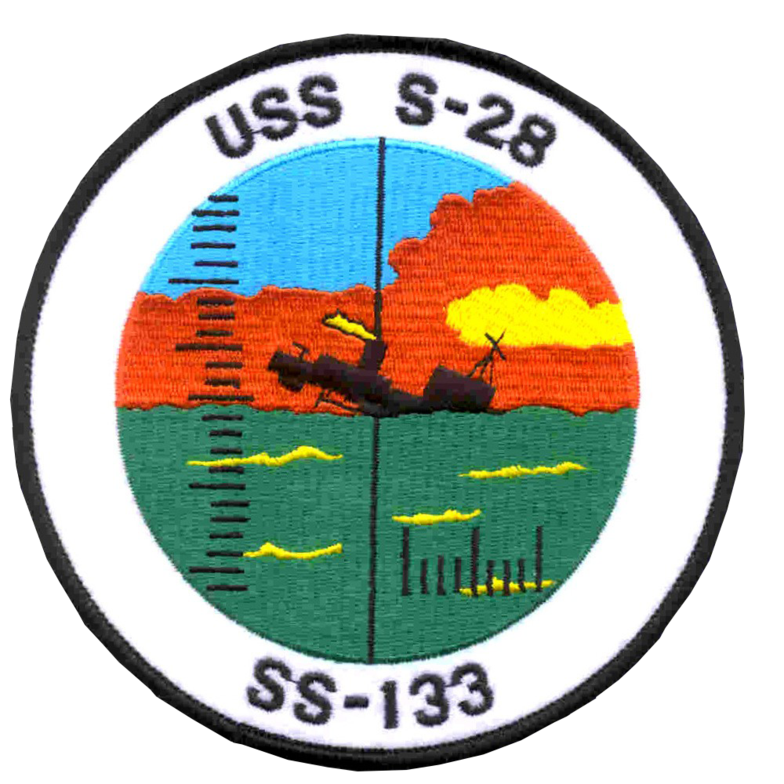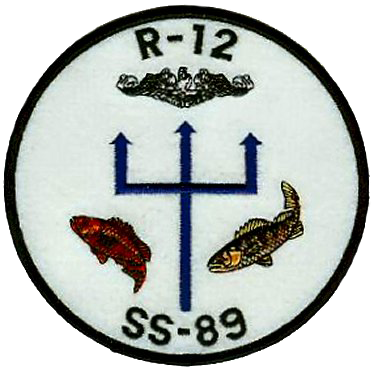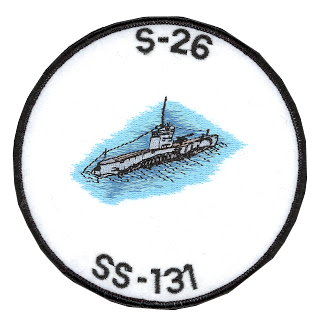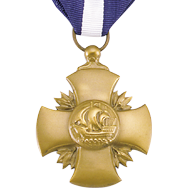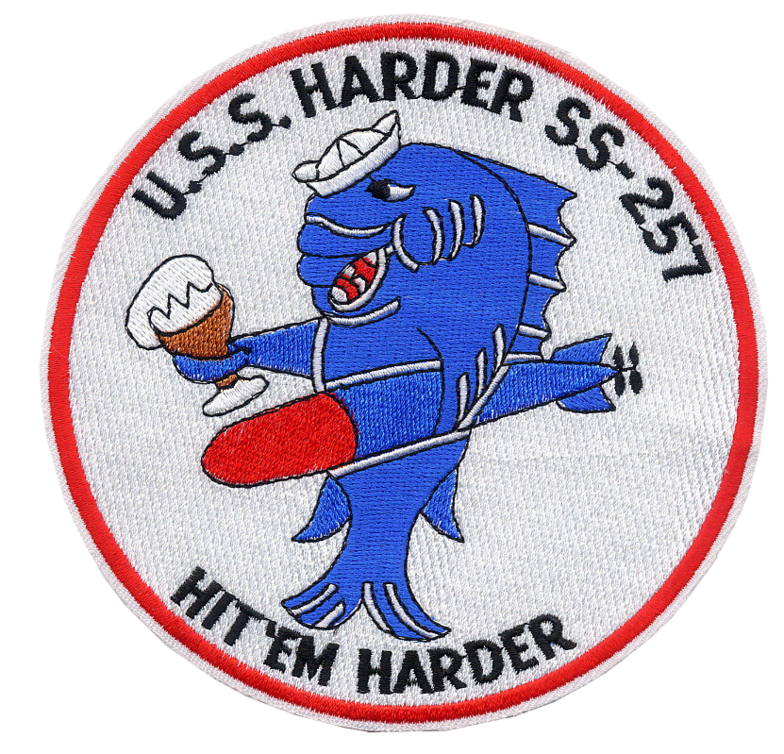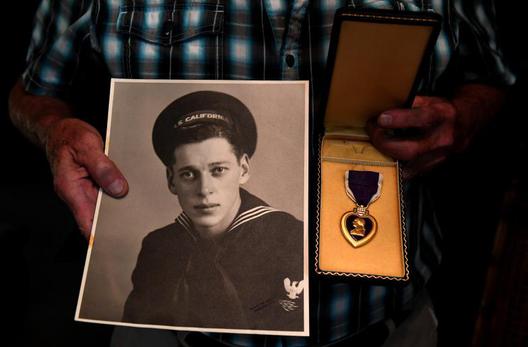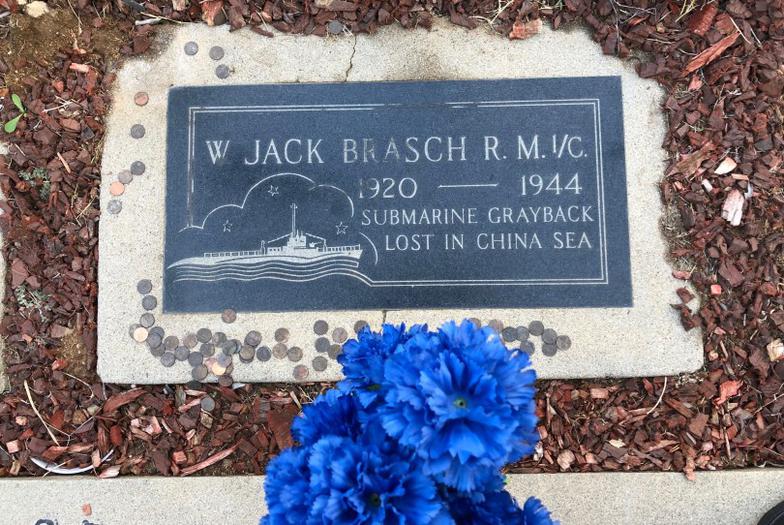a 501(c)3 Ocean Outreach Project
Honoring the men their memory and their mission
Redlands man was among crew of WWII submarine USS Grayback, sunk in 1944 and newly found
By DAVID ALLEN | dallen@scng.com | Inland Valley Daily Bulletin
PUBLISHED: November 23, 2019 at 10:00 am | UPDATED: November 23, 2019 at 10:00 am
A mystery from World War II has been solved, and it settles the fate of a Redlands man.
The hull of the USS Grayback, one of the most successful American submarines of the war, was found in Japanese waters earlier this year, a find announced earlier this month on Veterans Day.
Among the 80 crew members was William Jack Brasch, a Redlands man. His brother, Chuck, hadn’t expected to ever hear word.
“Never in a million years did I expect anything like this to happen,” Brasch, 78, told me Thursday in the dining room of his home in Claremont. In fact, when he got an email Nov. 8 from a lieutenant commander with the Navy’s Naval History and Heritage Command announcing the find, he thought it might be a prank. But within days the news made TV and newspapers.
The two brothers were 21 years apart in age. He was the first son of Dad’s first marriage. I was the only son of my Dad’s second marriage,” Brasch explained. “He was up and out of the house before I was born.”
William Jack went by Jack since his father was William Joseph. Jack was born in 1920 in Washington state and grew up in Yucaipa and Mentone. He attended Redlands High, where he was a track star, and graduated in 1938. He immediately enlisted in the U.S. Navy.
Photos show a serious young man, hair parted on the left, with thick lips and soulful eyes. He might have been popular with the ladies. After training in San Diego, he served on the battleship California, then a submarine tender, the Fulton. His next assignment was the Grayback.
The submarine sank more than a dozen Japanese ships and damaged others in its patrols of the South Pacific and South China Sea while disrupting enemy shipping and rescuing downed American aviators.
Its 10th and last combat patrol began when it left Pearl Harbor on Jan. 28, 1944, three days after Jack turned 24.
She reported sinking two cargo ships on Feb. 19 and, with only two torpedoes remaining, was ordered back home. Even at that, she sank a naval transport on Feb. 27. The Grayback was never heard from again and was presumed lost.
Seventy-five years later, the submarine was found thanks to the Lost 52 Project, established by undersea explorer Tim Taylor to search for the 52 American submarines lost in the war. The Grayback was his team’s fifth discovery since the effort began in 2010.
It came about because an amateur researcher in Japan working with Taylor went through wartime records of the Imperial Japanese Navy last year. An entry received by radio on Feb. 27, 1944, said a bomber had encountered a surfaced submarine and dropped a 500-pound bomb just behind the conning tower. The submarine exploded and sank, with no survivors.
The longitude and latitude in the report were off by a single digit from the translated version the U.S. Navy had relied upon. That changed the location by 100 miles and accounts for why the submarine had never been found.
With the correct coordinates, as well as underwater drones and computer imaging software, Taylor’s team found the wreckage in June near Okinawa in waters 1,400 feet deep. The deck gun had landed about 400 feet away from the hull.
“It was amazing. Everyone was excited,” Taylor told the Washington Post. “Then you realize there are 80 men buried there, and it’s a sobering experience.”
He and his crew held a ceremony the next day, reading the sailors’ names aloud, one by one, and ringing a bell.
In Claremont, Chuck Brasch is still taking it in. On Thursday afternoon, the retired science and pottery teacher from Chaffey High in Ontario had set out memorabilia on his dining room table for me and photographer Jennifer Cappuccio Maher to review.
There was a photo album opened to photos that included his brother. Two short articles from the Redlands Daily Facts in 1944 about his brother being missing. His brother’s Purple Heart, awarded posthumously in 1946. A book, “U.S. Submarine Losses,” prepared by the Navy and sent to the family in 1948.
What does he know about Jack? "Not a whole lot,” Brasch replied. “My father was very close-lipped. He didn’t talk about it much. His first son, gone.”
Brasch wasn’t born yet when his half-brother enlisted and was 3 when he died.
He finds one unusual similarity with his brother. Jack was a radioman first class. Chuck got interested in ham radio at Redlands High, where he graduated in 1959, 21 years after his brother. He mused about the possibility the interest was genetic.
A marker for William Jack Brasch in Redlands’ Hillside Memorial Park pays tribute to the sailor lost at sea in 1944. His submarine was recently located. (Courtesy City of Redlands)
A headstone for Jack is in Hillside Memorial Park in Redlands, even with no remains to bury. In an area known as Veterans’ Memory Lane, stones recognize 26 missing World War II veterans from the Redlands area.
“The Military Order of the Purple Heart has an annual service of recognition there on POW Day,” city spokesman Carl Baker said. The stone has Brasch’s name, the years 1920-1944, a profile image of the Grayback surrounded by stars, a cloud behind it, and the phrase “Submarine Grayback Lost in China Sea.”
Chuck Brasch said it’s been probably 50 years since he’s seen the stone, but he’s thinking he should visit.
He’s been reading up on the find and watching news reports and videos, piecing together what happened into a narrative. The Japanese radio report about the explosion, and the distance on the ocean floor between the hull and the deck gun, suggests the bomb may have detonated the ship’s ammo, Brasch said.
“The thing immediately sank. So it was very quick,” he said. “If that was the case, everyone died instantly.” That offers a measure of comfort, he said.
How has the news of the find affected him, given that his brother was a stranger?
“I guess I’ve had my melancholy moments,” Brasch said. “I didn’t really know him; he was just a name. But he was my brother. Him and 79 other guys were lost. It kind of chokes me up now thinking about it.”

